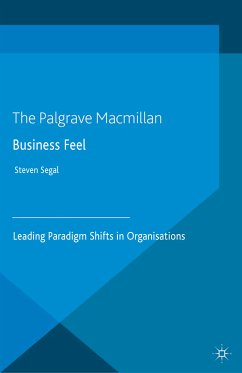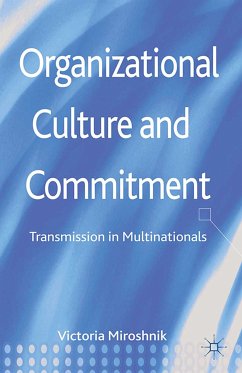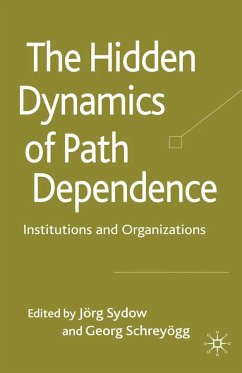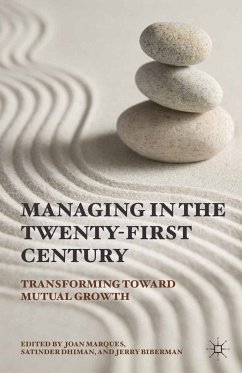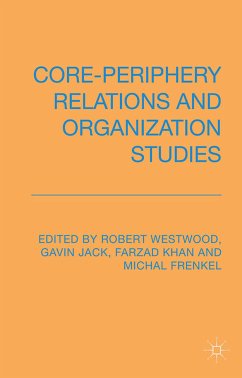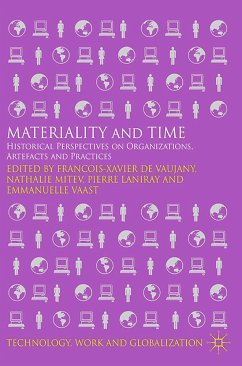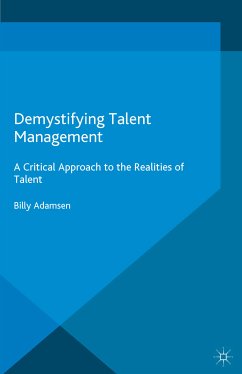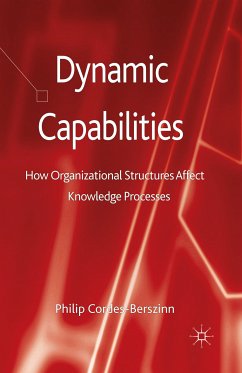
Dynamic Capabilities (eBook, PDF)
How Organisational Structures Affect Knowledge Processes
Versandkostenfrei!
Sofort per Download lieferbar
72,95 €
inkl. MwSt.
Weitere Ausgaben:

PAYBACK Punkte
36 °P sammeln!
The concept of dynamic capabilities, especially in terms of organizational knowledge processes, has become the predominant paradigm for the explanation of competitive advantages. However, major unsolved - or at least insufficiently solved - problems are first their measurement and second their management by concrete managerial options, such as design options of organizational structures. Dynamic Capabilities provides an integrated descriptive model of both dynamic capabilities and organizational structures that allows characterizing, classifying and a comparison. It develops a logic system of ...
The concept of dynamic capabilities, especially in terms of organizational knowledge processes, has become the predominant paradigm for the explanation of competitive advantages. However, major unsolved - or at least insufficiently solved - problems are first their measurement and second their management by concrete managerial options, such as design options of organizational structures. Dynamic Capabilities provides an integrated descriptive model of both dynamic capabilities and organizational structures that allows characterizing, classifying and a comparison. It develops a logic system of a multitude of combinatorial possibilities between their variables, and it develops a complex and integrated system of associated empirically based and qualitatively deduced hypotheses. Therewith, it serves as a terminological and analytical foundation for the identification of knowledge-based dynamic capabilities in organizations and for a targeted design of organizational structures that enable and foster dynamic capability processes such as knowledge transfer and knowledge absorption.
Dieser Download kann aus rechtlichen Gründen nur mit Rechnungsadresse in A, B, BG, CY, CZ, D, DK, EW, E, FIN, F, GR, HR, H, IRL, I, LT, L, LR, M, NL, PL, P, R, S, SLO, SK ausgeliefert werden.





